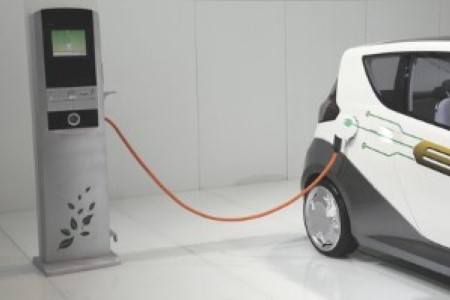Does It Matter What EV Charger I Choose for My New Electric Car?

As the world shifts toward sustainable energy and transportation, electric vehicles (EVs) are becoming increasingly popular. If you've just purchased a new electric car, congratulations! You're contributing to a greener future. However, a common question among new EV owners is: "Does it matter what EV charger I choose for my new electric car?" The answer is a resounding yes. Choosing the right EV charger is crucial for convenience, efficiency, and overall satisfaction with your electric driving experience. Let's explore why the choice of an EV charger matters and what factors you should consider when making your decision.
Types of EV Chargers
Before diving into the specifics of why the choice matters, it's important to understand the different types of EV chargers available:
- Level 1 Chargers: These chargers use a standard 120-volt household outlet and typically provide 2-5 miles of range per hour of charging. They are the slowest but are often sufficient for overnight charging if you don't drive long distances daily.
- Level 2 Chargers: These require a 240-volt outlet, like the ones used for large home appliances. They provide 10-60 miles of range per hour of charging, making them much faster than Level 1 chargers. They are ideal for home use, offering a good balance of cost and charging speed.
- DC Fast Chargers: These are the fastest chargers available and can provide 60-100 miles of range in just 20 minutes. However, they are typically found at commercial charging stations rather than being used at home due to their high cost and power requirements.
Why the Choice of Charger Matters
Charging Speed - The most immediate and noticeable difference between chargers is the speed at which they can charge your vehicle. If you have a long daily commute or frequently use your car for extended trips, a Level 2 charger is likely more suitable than a Level 1 charger. Faster charging times mean less downtime and more convenience.
Installation Costs - While Level 1 chargers don't require any special installation and can be plugged into a regular outlet, Level 2 chargers often require professional installation of a 240-volt outlet. This installation can be a significant upfront cost, but it's often worth the investment for the faster charging speeds and long-term convenience.
Vehicle Compatibility - Not all EVs are compatible with all chargers. While most EVs can use Level 1 and Level 2 chargers, not all are equipped to handle DC Fast Chargers. Additionally, different EV models may have different connectors (e.g., CCS, CHAdeMO, Tesla's proprietary connector), so it's essential to choose a charger that is compatible with your specific vehicle.
Smart Features - Many modern EV chargers come with smart features, such as Wi-Fi connectivity, which allows you to monitor and control charging remotely via a smartphone app. Some can even schedule charging times to take advantage of off-peak electricity rates, potentially saving you money. If these features are important to you, ensure that the charger you choose supports them.
Portability - If you plan on taking your charger with you, for example, to charge your vehicle at different locations, you'll want to consider a portable Level 2 charger. These chargers can be plugged into a 240-volt outlet wherever you have access to one, providing the convenience of faster charging on the go.
Conclusion - Choosing the right EV charger is an important decision that can greatly impact your electric driving experience. Consider your daily driving habits, your vehicle's compatibility, the installation costs, and any additional features that might be important to you. Investing in the right charger can ensure that your transition to electric driving is smooth, convenient, and efficient.
Remember, the best EV charger for you is one that meets your specific needs and enhances your overall experience with your new electric car. The experts here at Owens Electric Solar will help guide you to the car charger that best suits your vehicle, lifestyle, and budget.
